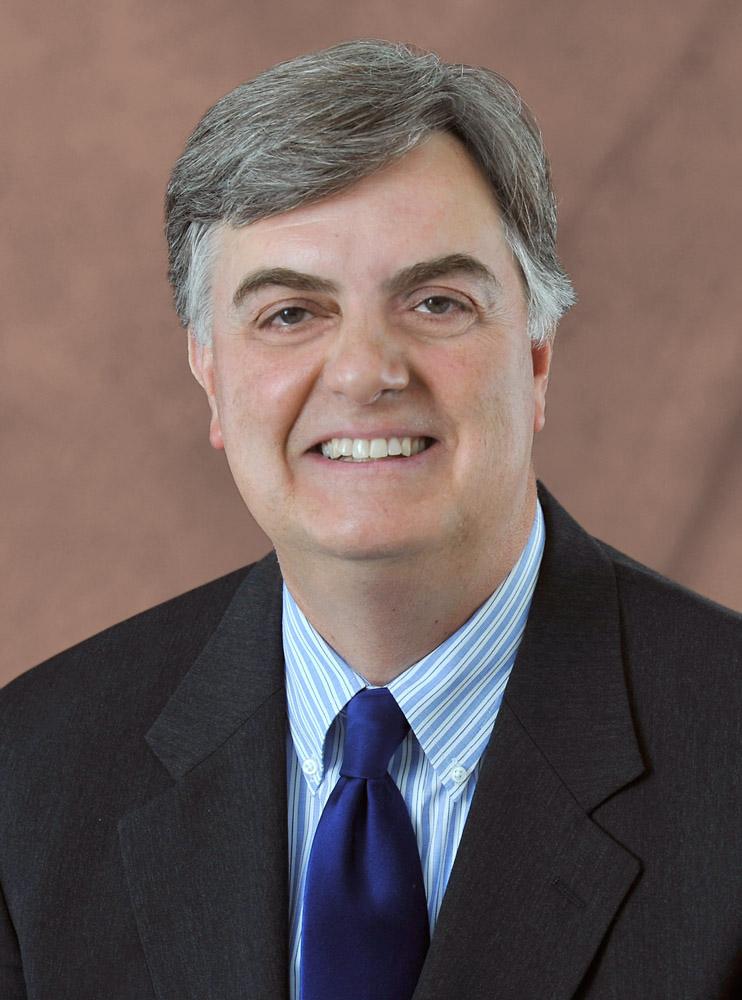 by Joe Chickey
by Joe Chickey
All relationships take time to grow. This can be especially true when it comes to relationships between fundraisers and donors. Sharpe Group’s research indicates that completing a planned gift can take 18-24 months, and actually realizing the gift may take several more years.
The best way to forge strong relationships with your donors is to meet with them face to face. While it would be ideal to personally visit with all of your best donors, budget and time constraints can make doing so impossible. Instead, make a prioritized list of which donors you are able to visit this year. Then plan and prepare to make the most of each interaction. Here’s how.
Preplan.
Spend time envisioning how you would like the call to develop. Determine a best possible outcome (donor says yes to gift) and a least acceptable outcome (donor indicates little or no interest in the gift). Then prepare your response to each.
Take a colleague or the boss.
Two heads really are better than one. Consider bringing another fundraiser along for the visit, perhaps someone of a different gender or age group. Doing so can be a great opportunity to break down silos inside your organization by proving the success of working together.
Listen, listen, listen.
It can be challenging to sit quietly and simply let the donor talk, but it is a vital skill to learn. Ask open-ended questions and let donors tell their stories. As they share why they give and what motivates them, you will learn what you need to know to best match your organization’s needs to your donors’ passions.
Share a story.
Once you have a good grasp of the donor’s interests, you can then share a story about one or two similar donors and the impact their gifts have had on your organization. It’s important to focus on outcomes and benefits of the gift. Donors want to know that their gifts matter.
Tailor approach to life stage.
Donors often become frustrated when multiple people from the same charity ask them for gifts multiple times each year. Leadership can insist on better communication by creating a communication structure that applies to all fundraising departments, thereby ensuring that donors are asked for the appropriate gift at the appropriate time in the Donor Life Cycle© (see “Managing the ‘Downgrade’”, Give & Take, August 2015).
Seek regular annual gifts from donors of all ages and share with them how their support is important to the daily functioning of the organization. Approach donors who fall in the “Middle Years” for a major gift to a special project or need. And for older donors who fall in the “Later Years” category, consider suggesting that they make their “gift of a lifetime” that would be available either for immediate use when received or as an endowment gift to secure the future of the organization, in addition to other gifts they may already be giving. Of course, to manage this strategy, having the ages of your donors appended to your donor base files is essential.
Keep it non-technical.
A fundraiser’s goal should be to educate donors so they can consider multiple options without overwhelming them with the technical details. When talking with donors, use phrases such as “life-income plan” and “remainder designation” instead of “CRTs,” “CLTs” or other jargon specific to our field.
Debrief.
After the call, discuss with other colleagues who were involved what went well and how you might improve your next visit. Make sure appropriate entries are made in your prospect management system and look ahead to plan your key next steps. Are there other people who might help you move the donor along more quickly? Typically, a donor will rely on one advisor; his or her support can be essential.
The donor call is certainly one of the most important elements in any successful program. These steps can help you develop a procedure that works well for you and your organization. Remember to share your success stories and your challenges with us and other organizations and institutions so we can all learn from each other. ■
Joe Chickey is a Managing Consultant in Sharpe Group’s Nashville office.

